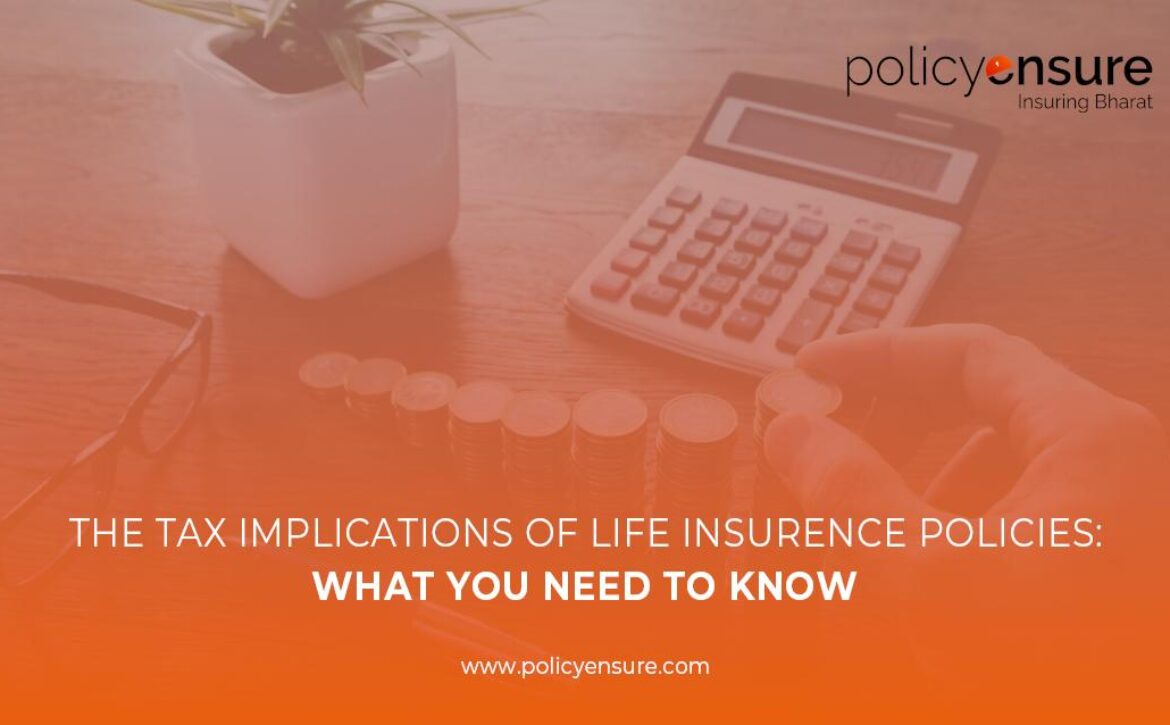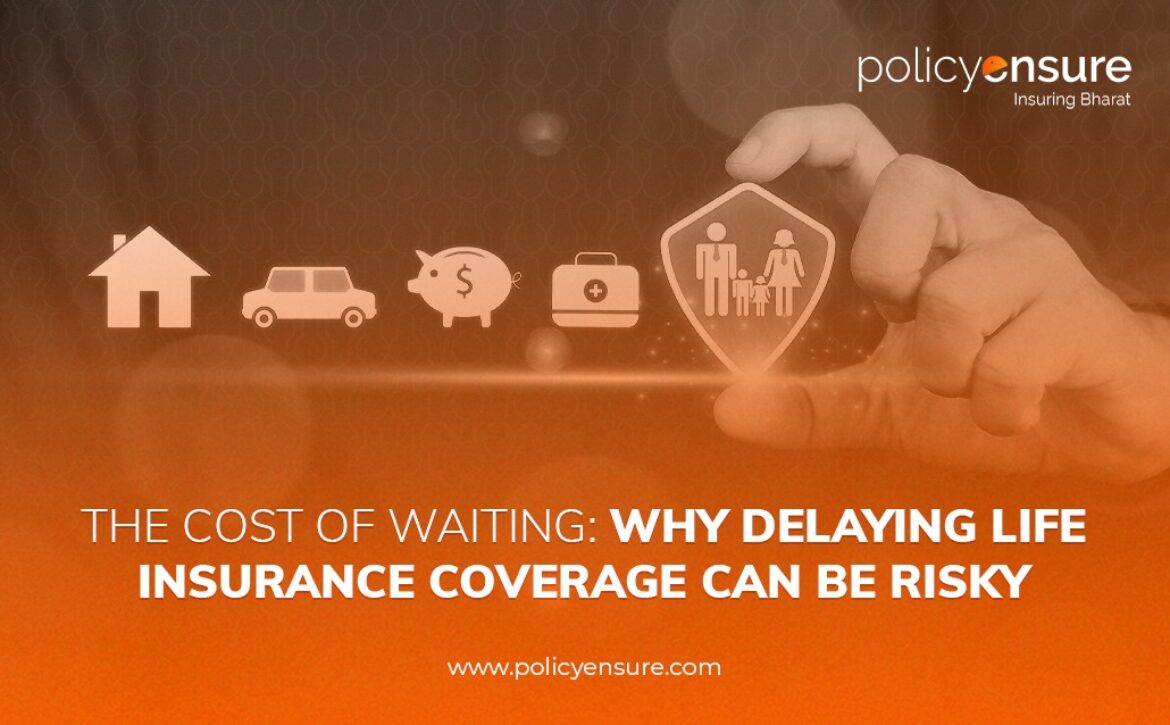The Tax Implications of Life Insurance Policies: What You Need to Know
Life insurance policies serve as more than just a financial tool; they are a cornerstone of ensuring your loved ones’ future financial security. While many individuals view life insurance primarily as a tax-saving instrument, its true essence lies in providing peace of mind and protection against unforeseen circumstances.
In this blog, we’ll delve into the tax implications of life insurance policies, emphasizing their significance as a means of financial security rather than solely as a tax-saving avenue.
Life Insurance Policy: An Important Component of Financial Planning
Life insurance policies play a crucial role in comprehensive financial planning. They offer a safety net to your dependents in the unfortunate event of your demise, ensuring they are financially secure even in your absence. However, beyond the emotional reassurance they provide, life insurance policies also have significant tax implications that every policyholder should understand.
Tax Benefits of Life Insurance Policies:
Tax-Free Death Benefit: One of the primary advantages of life insurance policies is the tax-free death benefit paid to the beneficiaries upon the policyholder’s demise. This lump-sum payment can provide much-needed financial stability to your loved ones during a challenging time without being subject to income tax.
Tax-Deferred Growth: Certain types of life insurance policies, such as whole life or universal life insurance, offer a cash value component that accumulates over time. The growth of this cash value is tax-deferred, meaning you won’t pay taxes on the earnings until you withdraw them. This feature can be particularly advantageous for long-term financial planning.
Tax-Free Policy Loans: In many cases, you can take out policy loans against the cash value of your life insurance policy without triggering immediate tax consequences. These loans can be a valuable source of liquidity during emergencies or to fund other financial needs without incurring taxable income.
It’s important to note that while life insurance proceeds are generally not subject to income tax, there are certain exceptions and nuances depending on the specific circumstances and the type of policy owned. Consulting with a tax advisor or financial planner can provide clarity tailored to your individual situation.
Best Life Insurance in India: Choosing the Right Policy for Your Needs
When selecting a life insurance policy, it’s essential to consider factors beyond just tax benefits. In India, where the insurance market offers a myriad of options, finding the best life insurance policy requires careful evaluation of your financial goals, risk tolerance, and family’s needs.
Here are some key considerations to keep in mind when choosing a life insurance policy:
Coverage Amount: Determine the amount of coverage needed to adequately protect your family’s financial future. Consider factors such as outstanding debts, future expenses (e.g., education costs for children), and income replacement needs.
Policy Type: Understand the different types of life insurance policies available, including term life, whole life, and unit-linked insurance plans (ULIPs). Each type has its own features, benefits, and suitability depending on your objectives.
Claim Settlement Ratio: Research the claim settlement ratio of insurance companies to gauge their reliability in honoring claims. A high claim settlement ratio indicates the insurer’s commitment to fulfilling its obligations to policyholders’ beneficiaries.
Riders and Add-Ons: Explore additional features or riders offered with the policy, such as critical illness cover or accidental death benefit. These riders can enhance the scope of coverage based on your specific needs.
Health Insurance Policy for Your Family: Complementing Financial Security
In addition to life insurance, securing a comprehensive health insurance policy for your family is integral to safeguarding their well-being. Health insurance provides coverage for medical expenses, ensuring that unexpected healthcare costs do not derail your financial plans.
Here are some reasons why health insurance is essential for your family:
Protection Against Medical Expenses: Health insurance covers hospitalization expenses, doctor’s fees, medication costs, and other medical treatments, mitigating the financial burden associated with illness or injury.
Access to Quality Healthcare: With health insurance, you can afford timely medical care from reputable healthcare providers without worrying about exorbitant out-of-pocket expenses.
Preventive Care Benefits: Many health insurance policies offer coverage for preventive care services such as health check-ups, vaccinations, and screenings, promoting proactive management of your family’s health.
Tax Deductions: Premiums paid for health insurance policies qualify for tax deductions under Section 80D of the Income Tax Act, providing additional financial relief while ensuring your family’s well-being.

Conclusion:
While the tax implications of life insurance policies are undoubtedly significant, their primary purpose extends far beyond tax-saving benefits. Life insurance serves as a cornerstone of financial security, providing your loved ones with the resources they need to navigate life’s uncertainties. By understanding the tax implications and selecting the right policy for your needs, you can ensure that your family’s future remains protected, regardless of what the future may hold. Complementing life insurance with a comprehensive health insurance policy further enhances their financial security, offering peace of mind and stability in an unpredictable world.







